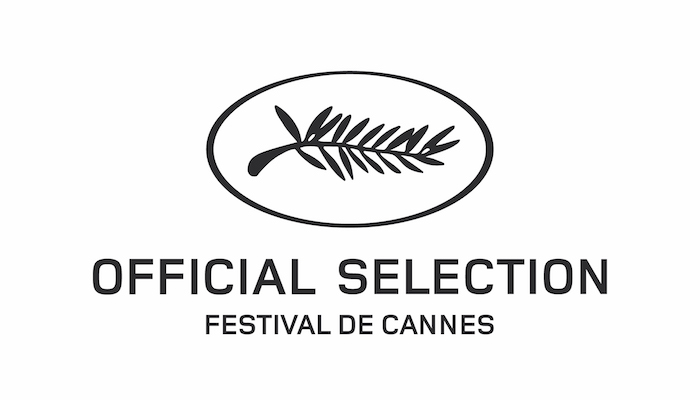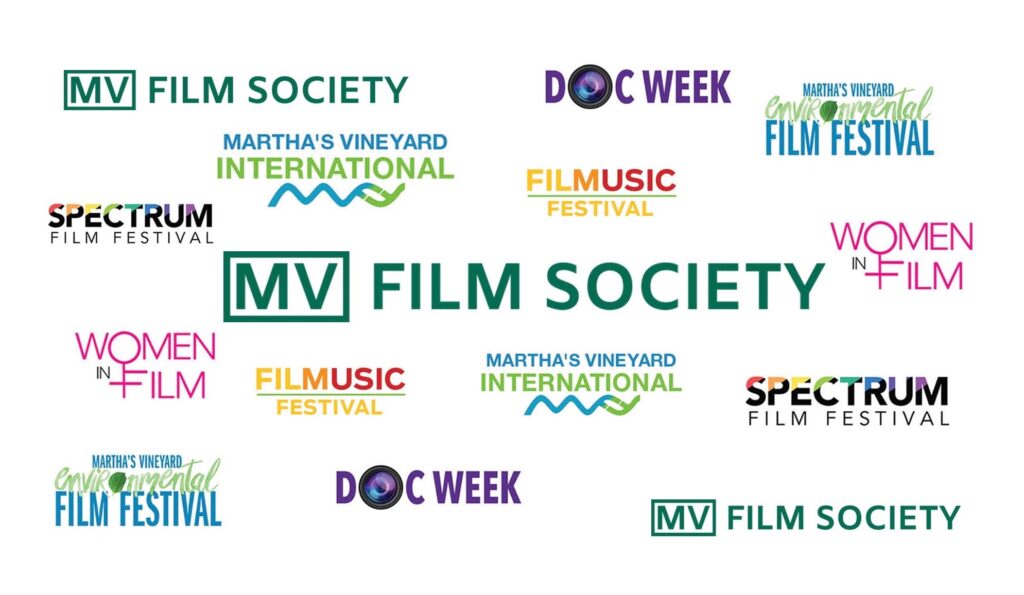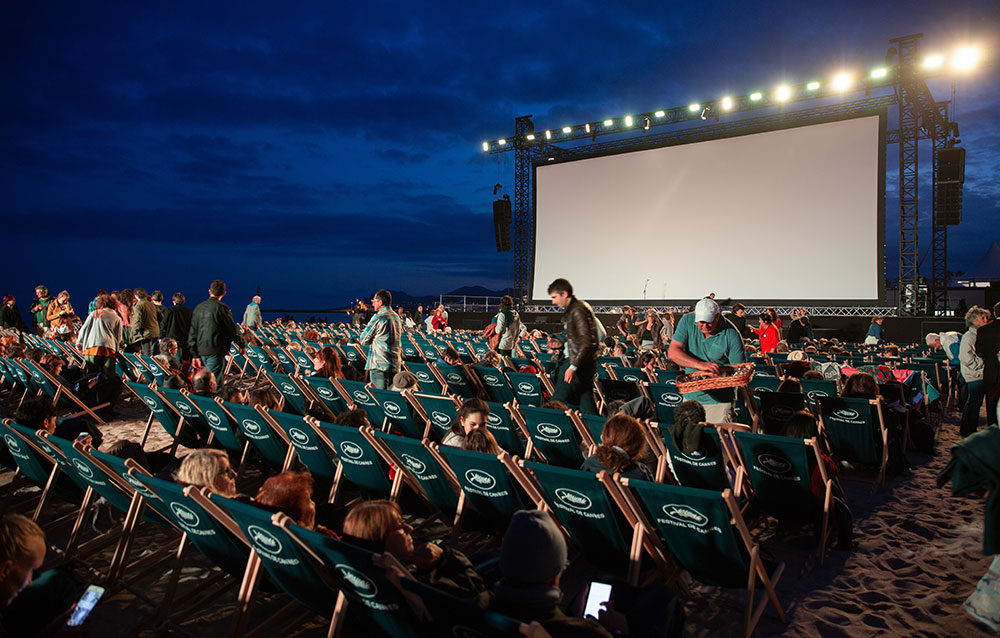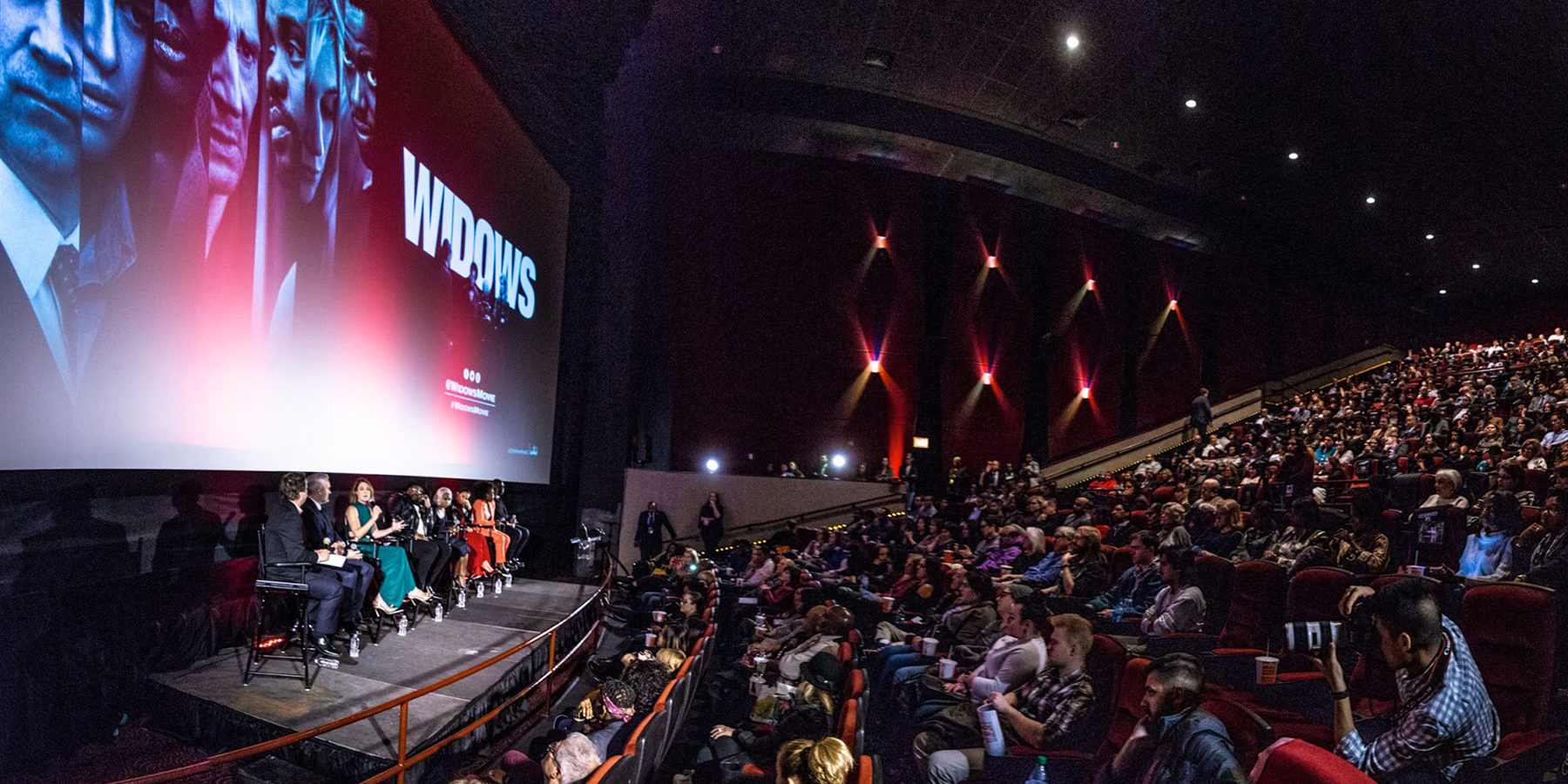Film festivals, those glamorous and glitzy events that bring the magic of cinema to life, often seem like seamless affairs. However, behind the curtain, festival organizers face a myriad of challenges that require meticulous planning and execution. In this article, we will delve into the intricacies of hosting a film festival, shedding light on the organizational hurdles that must be overcome. From selecting the right films to managing logistics, from engaging with sponsors to ensuring a memorable audience experience, hosting a film festival is a monumental task that demands attention to detail and adaptability. At many film festivals, you can play soccer if you have Puma men’s soccer cleats.
Film Selection: The Heart of the Festival

The selection of films is the cornerstone of any successful film festival. This process is more art than science, as it involves curating a program that not only reflects the latest trends in cinema but also resonates with the festival’s theme and target audience.
Building a Diverse Program
A diverse film lineup is essential to cater to the varied tastes of the festival’s attendees. This diversity not only broadens the festival’s appeal but also fosters cross-cultural understanding through cinema.
Diversity, in the context of a film festival, transcends mere representation; it becomes a celebration of different voices, cultures, and storytelling styles. The challenge here is not just to select films from different genres but to craft a narrative that flows seamlessly, engaging audiences from start to finish.
The festival curator’s role is akin to that of a painter, selecting an array of colors and brushstrokes to create a masterpiece. Each film is like a unique hue, contributing to the overall canvas. The curator must carefully balance elements like drama, comedy, documentary, and experimental cinema to ensure that the festival offers a little something for everyone.
Furthermore, international representation is crucial. A successful film festival is not limited by geographical boundaries but invites the world to its screens. This means scouting for films from different countries, languages, and cultures. It’s about bridging gaps, breaking stereotypes, and fostering a global cinematic dialogue.
However, it’s not just about showcasing films from diverse backgrounds. It’s about highlighting the universal themes that connect us all. Whether it’s love, loss, hope, or resilience, these themes resonate with audiences worldwide. Therefore, a diverse program isn’t just a collection of films; it’s a mosaic of human experiences.
If you want to organize a film festival you could take some filmmaking courses.
Navigating the Logistics Maze
Once the films are chosen, the logistics of hosting a film festival come to the forefront. Managing the myriad of details, from securing venues to coordinating screening times, is a complex undertaking that can make or break the event’s success.
Securing Venues and Equipment
Finding suitable venues for film screenings can be a logistical nightmare. The availability of theaters and their technical capabilities must align with the festival’s needs. This often requires negotiations, contracts, and backup plans in case of unforeseen issues.
The choice of venue is not merely about accommodating audiences; it’s also about creating the right ambiance. The venue should be an extension of the cinematic experience, a place where film enthusiasts can immerse themselves in the magic of storytelling. If you need window shutters for your venue contact a company that makes window shutters in Utah.
In addition to the main screening venues, there are often considerations for ancillary events such as workshops, seminars, and special screenings. These events may require different types of spaces, adding another layer of complexity to the logistical puzzle.
Technical requirements are another crucial aspect. The audiovisual quality must be top-notch to do justice to the filmmakers’ craft. This involves ensuring that projectors, sound systems, and screening formats are up to industry standards. Technicians and projectionists must be on hand to troubleshoot any technical glitches that may arise during screenings.
Be sure to contact a company that provides roofing systems in Potomac MD if your venue doesn’t have a roof.
Scheduling Screenings
Creating a coherent schedule that allows attendees to see their desired films without scheduling conflicts is like solving a puzzle with shifting pieces. Each screening must start and end on time to keep the festival running smoothly.
Scheduling is a delicate art. It’s not just about assigning time slots but also considering factors like the duration of films, the need for breaks, and the logistics of moving audiences between venues. A poorly planned schedule can lead to frustrated attendees and empty seats in some screenings.
Moreover, film festivals often include special events, such as opening and closing ceremonies, awards ceremonies, and filmmaker Q&A sessions. These events must be seamlessly integrated into the schedule without causing disruptions.
Another challenge is managing the unexpected. Films may run longer than anticipated, technical issues may arise, or a surprise guest may require a schedule adjustment. Flexibility and quick thinking are essential to handle these curveballs.
You should buy curtains in Colorado Springs if you want to close the stage after the screening ends.
Attracting Sponsors
Sponsors play a pivotal role in the financial sustainability of film festivals. Their support allows festivals to maintain quality programming, offer attractive prizes, and enhance the overall experience for attendees.
Sponsorship acquisition involves much more than financial transactions. It’s about forging mutually beneficial partnerships. Festival organizers must craft compelling proposals and engage in negotiations that align the sponsor’s brand with the festival’s values and audience. It’s not uncommon for festival organizers to seek some relaxation and rejuvenation after a film festival is over, which is why they visit a luxury salon in Toronto to recharge their energy and unwind.
Attracting sponsors is akin to courting a potential business partner. It starts with thorough research to identify companies or organizations that share a synergy with the festival’s mission. For instance, a festival with a focus on environmental documentaries may seek partnerships with eco-friendly brands.
Crafting a persuasive proposal is the next step. It should clearly articulate what the festival can offer in return for sponsorship. This might include brand visibility through logo placement, naming rights to specific festival components, or exclusive marketing opportunities. If you need to prepare a presentation for your sponsors and you are not sure if you are prepared enough consider test prep tutoring in Bettendorf.
Negotiations can be intricate. Sponsors may have specific demands or expectations, and organizers must ensure that these align with the festival’s goals and values. It’s a delicate balancing act, preserving the integrity of the festival while satisfying the sponsor’s objectives.
Besides sponsors, you will also need promotional products supplier for your festival.
Delivering Value to Sponsors

Sponsors expect a return on their investment. Festivals must fulfill their promises, which may include brand visibility, access to VIP events, or exclusive marketing opportunities. Meeting these expectations is crucial for long-term sponsor relationships.
Ensuring that sponsors receive value involves meticulous execution. Brand visibility might entail logo placement on festival materials, banners, and even the festival’s website. VIP access could include exclusive dinners or behind-the-scenes tours. The key is to go beyond the contractual obligations and create memorable experiences that leave sponsors eager to return year after year. One of the main sponsors at film festivals in the US is a women’s health clinic in Marietta GA.
Sponsors often appreciate data-backed insights into their impact on the festival. This may involve providing metrics on brand exposure, social media engagement, or audience demographics. Such data not only demonstrates the festival’s commitment to transparency but also helps sponsors refine their future marketing strategies.
Ultimately, a film festival’s success is measured by the experiences it offers attendees. Ensuring that each person leaves with cherished memories requires meticulous planning and attention to detail.
Creating Memorable Opening and Closing Ceremonies
The opening and closing ceremonies set the tone for the entire festival. They need to be carefully curated to captivate the audience, introduce the films, and express gratitude to all involved.
These ceremonies are more than just formalities; they are the festival’s grand overtures. Organizers must consider every element, from the choice of hosts and guest speakers to the music and visual presentations. It’s about creating a sense of anticipation, excitement, and unity among the attendees.
The opening ceremony often serves as the festival’s introduction to the world. It’s an opportunity to showcase the festival’s theme and highlight key films. A well-executed opening ceremony can generate buzz and set the stage for a successful festival.
Facilitating Q&A Sessions and Panels
Interactive sessions with filmmakers and actors add depth to the festival experience. Organizers must coordinate these sessions seamlessly, ensuring that both attendees and participants have a rewarding experience.
Q&A sessions and panels provide a unique opportunity for audiences to engage with the creators of the films they’ve just seen. It’s a chance to delve deeper into the artistic process, the challenges faced during production, and the stories behind the stories.
Consider having a machine for the best frozen yogurt in Phoenix AZ at the event. People will love it!
To make these sessions engaging, moderators must be skilled at steering conversations, balancing audience questions, and ensuring that discussions remain insightful and on-topic. For high-profile festivals, securing well-known moderators and panelists can be a significant draw for attendees.
Moreover, the logistics of these sessions are critical. Venues must be set up to accommodate large audiences, and microphones, projectors, and seating arrangements must be in perfect order. Timing is also essential, as these sessions often follow screenings and must start promptly to keep the festival on schedule.
As the festival curtains draw to a close, organizers must reflect on the event’s successes and shortcomings. This analysis is critical for future planning and improving the festival year after year.
If you want to enhance the look of your skin before going to a Q&A session you should contact Cheyanne Mallas PA to help you.
Post-Festival Evaluation

Conducting surveys, gathering feedback from attendees, and analyzing data are essential for understanding what worked and what didn’t. This information guides future decisions and helps maintain and grow the festival’s reputation.
Post-festival evaluation is a comprehensive process. It involves quantitative data analysis, such as ticket sales, attendance figures, and audience demographics. Qualitative data, in the form of attendee feedback and reviews, provides insights into the festival experience.
Attendee feedback is particularly valuable. It can reveal aspects of the festival that may not be apparent from the organizer’s perspective. Were there long lines at certain screenings? Did attendees find the venue comfortable? Were the Q&A sessions engaging? These insights help organizers fine-tune future festivals.
In addition to attendee feedback, feedback from filmmakers and sponsors is equally important. Filmmakers can provide insights into their experience at the festival, including the quality of screenings and the effectiveness of networking opportunities. Sponsors may offer feedback on the visibility and impact of their sponsorship.
The work of a film festival organizer is never truly finished. Even as one festival concludes, plans for the next are already underway. Learning from past experiences and staying attuned to industry trends are key to hosting successful festivals year after year.
If you are interested in creating your own film festival and investing in the venue contact the best mortgage companies in NC.
Continuous Improvement
One of the most crucial aspects of looking ahead is continuous improvement. Each festival should be better than the last, and this requires a commitment to learning and adaptation. Organizers should conduct post-festival debriefs to identify areas that need improvement and develop action plans for the future. One of the things you should always have at your festival is nurse bag essentials if someone gets sick.
The film industry is dynamic, and audience preferences evolve. Therefore, staying attuned to industry trends is paramount. This involves monitoring the latest developments in filmmaking, distribution, and technology. For example, the rise of streaming platforms has changed the way films are consumed, and festivals must adapt to this new landscape.
Expanding Reach
Expanding the reach of the festival is also a consideration. This may involve exploring partnerships with other festivals or cultural organizations to cross-promote events. It could also mean exploring virtual or hybrid festival formats to reach a global audience.
Marketing and promotion play a significant role in expanding reach. Organizers must develop comprehensive marketing strategies that leverage social media, traditional advertising, and partnerships with influencers and media outlets. The goal is to create anticipation and buzz long before the festival begins.
Fostering Community
Film festivals are not just about watching films; they are about building a community of film enthusiasts. Looking ahead involves finding ways to foster this sense of community year-round, not just during the festival.
This can be achieved through film-related events, workshops, and screenings throughout the year. It can also involve engaging with local schools and universities to promote film education and cultivate the next generation of filmmakers and cinephiles. If you want to visit one of the film festivals you can rent a vehicle from rent a car Beograd.
In conclusion, the world of film festivals is a captivating blend of art and organization. Behind the glamour of the red carpet lie the challenges of film selection, logistical planning, sponsorship engagement, and attendee experience. It is the ability to navigate these challenges with finesse that separates the truly exceptional festivals from the rest. In this dynamic and ever-evolving industry, adaptability and a passion for cinema are the true driving forces that make hosting a film festival a rewarding endeavor. As each festival concludes, it leaves behind a trail of memories, lessons learned, and anticipation for the next cinematic celebration.


